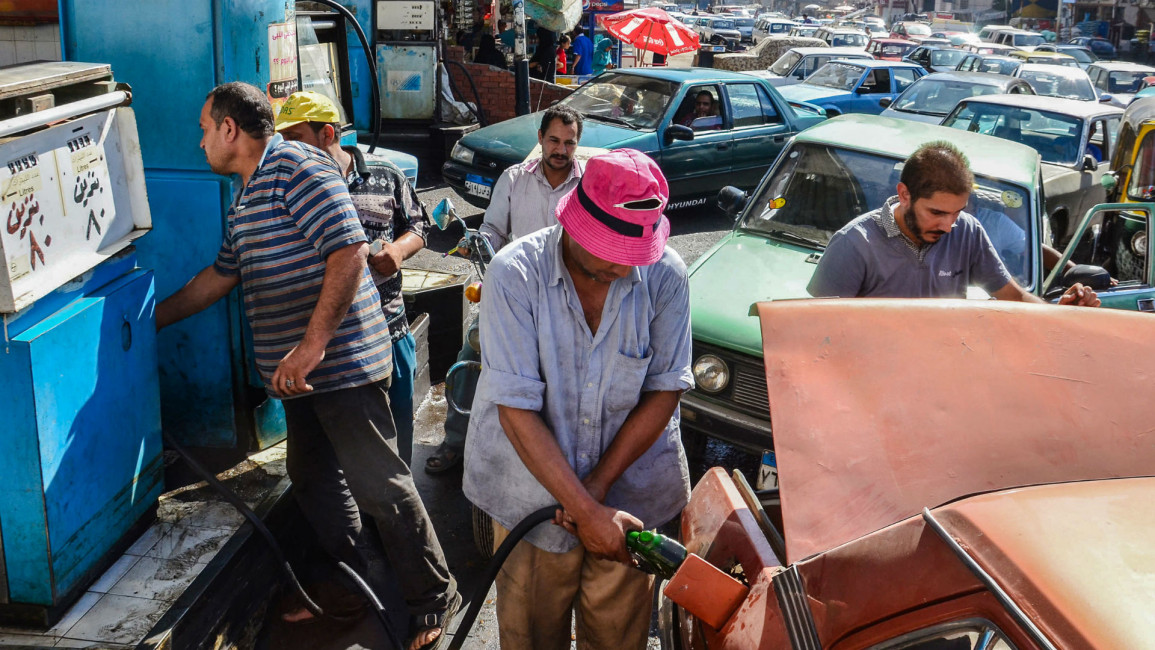Egypt parliament raises taxes ahead of IMF loan
Egypt's parliament passed a law on value added tax, a key demand of the Interternational Monetary Fund in exchange for a $12 billion loan.
Egypt's cash strapped government have been looking for the desperately needed loan to shore up the country's failing economy, but the IMF insists it must implement a series of tough reforms.
Under the new legislation, VAT will set at 13 percent for 2016-17 and 14 percent for the following fiscal year, MPs Khaled Youssef and Emad Gad told AFP.
Egypt and the IMF announced in mid-August a preliminary agreement for a $12 billion loan spread over three years, which still needs approval from the IMF's board.
In return, the Egyptian authorities must adopt drastic economic reforms to increase public revenues and reduce costly state subsidies.
"Parliament has approved the bill presented by the government on the value added tax," said parliament's website said Monday.
The VAT replaces a sales tax of 10 percent, although the government says about 50 services and products will be exempt, including bread - a staple in Egypt.
For it to take effect, the new tax needs to be approved by President Abdel Fattah al-Sisi.
"It's a bitter pill. There is no alternative. It's part of the economic reform policies prescribed by the IMF agreement," said Gad.
Egypt hopes the $12-billion financing deal with the IMF will usher in an economic turnaround.
More than five years after its 2011 uprising - partly fuelled by economic disparities - that swept away veteran dictator Hosni Mubarak, the country is still reeling from the fallout.
Divisions have widened following the 2013 military coup against Egypt's first democratically-elected President Mohamed Morsi, who was replaced by Sisi.
Tourism has taken a hit - a key foreign currency generator for the country - following general unrest and the downing of a passenger plane over the Sinai last year.


![President Pezeshkian has denounced Israel's attacks on Lebanon [Getty]](/sites/default/files/styles/image_684x385/public/2173482924.jpeg?h=a5f2f23a&itok=q3evVtko)



 Follow the Middle East's top stories in English at The New Arab on Google News
Follow the Middle East's top stories in English at The New Arab on Google News


